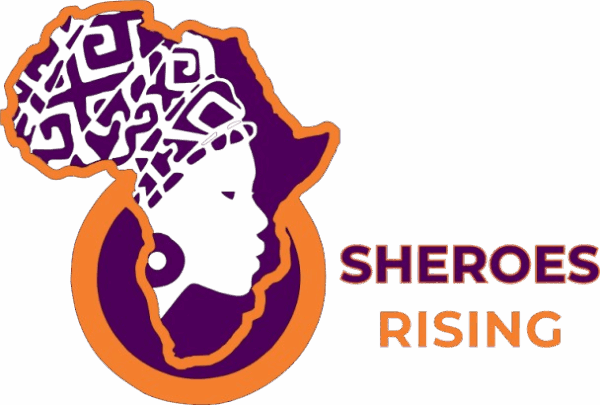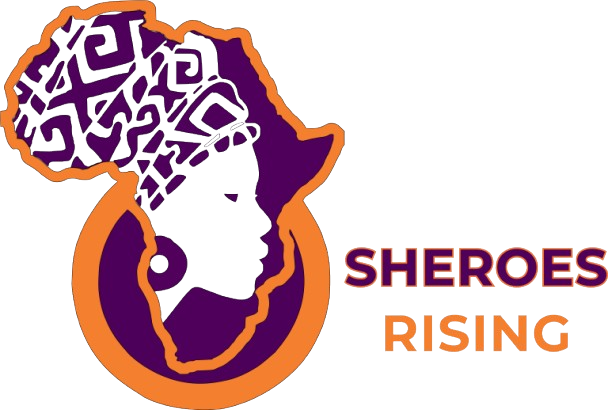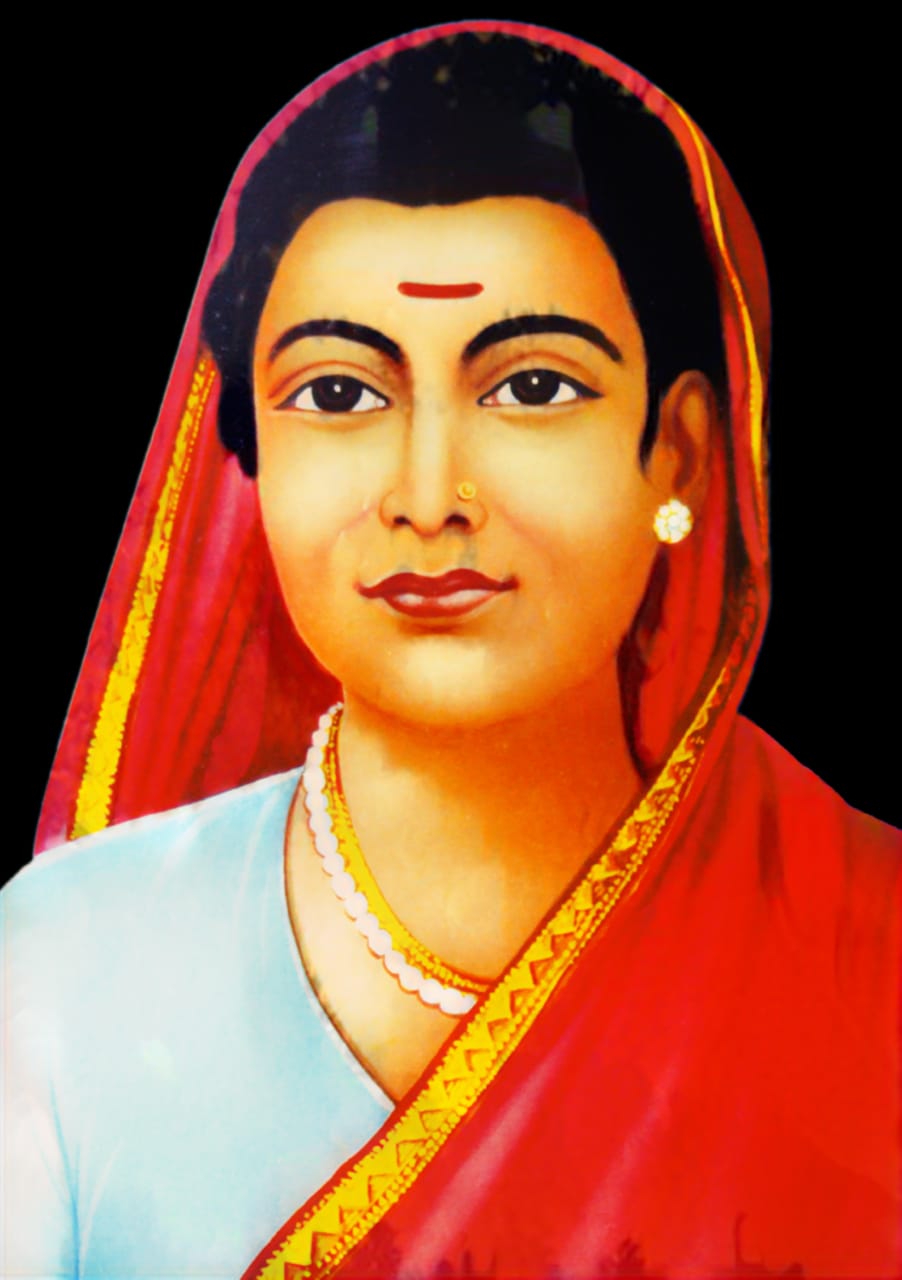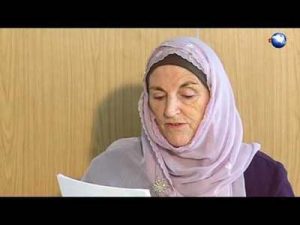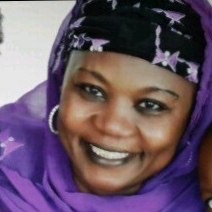A woman made of defiance with a mind ahead of its century.
Her name was Savitribai Phule. The woman who lit the first torch of women’s education and social justice in India.
Born on January 3, 1831, in Naigaon, Maharashtra, Savitribai Phule emerged as India’s first female teacher and a pioneering social reformer.
Married to 12 years old Jyotirao Phule at age of 9 years, she gained literacy through his encouragement, at a time when educating women was seen as a threat to tradition
When Savitribai began teaching at the first girls’ school in Pune, she faced brutal harassment. As she walked to school, people threw stones, mud, ashes, and even cow dung at her. They believed that women, especially from non-Brahmin backgrounds, should not receive or offer education. To keep herself presentable for her students, she carried a spare saree and changed before entering the classroom. Despite this daily abuse, she kept teaching with dignity rather than anger.
In 1848, while still a teenager, Savitribai and her husband started the first indigenously-run school for girls in Pune (then Poona).
Their radical step led to strong backlash leading them to be thrown out of their home and shunned by society. But support came from jyotirao phule’s close friend Usman Sheikh and his sister Fatima Sheikh, who not only sheltered them but also provided the space to start the school.
Savitribai became India’s first woman teacher, and Fatima Sheikh is recognized as one of India’s first Muslim women educators.
The Phules didn’t stop at girls’ education. They started schools for children from the Mang and Mahar communities, who were then labeled as “untouchables.
By 1852, the Phules were running three schools successfully, and on November 16th of the same year, the British government honored them for their groundbreaking work. That same year, Savitribai Phule was officially awarded the title of Best Teacher.
In the same period, she founded the Mahila Seva Mandal to raise awareness among women about their rights, dignity, and social freedom. She challenged caste and gender discrimination by encouraging women of all backgrounds to sit together, breaking seating segregation norms.
Savitribai also led a historic barbers’ strike in Pune and Mumbai, urging barbers to stop shaving the heads of widows, a cruel custom meant to humiliate them
Throughout her life, Savitribai Phule and Jyotirao Phule established nearly 18 schools, shelter homes for widows, orphans, and abandoned child brides, and opened their private well to Dalits when society denied them water rights as they were considered as “untouchable”. Their anti-caste campaign grew stronger when Jyotirao founded the Satyashodhak Samaj, where Savitribai played a leading role in promoting inter-caste equality, widow remarriage, and no-dowry Satyashodhak marriages.
She was also a powerful writer. Her poetry collections like “Kavya Phule” (1854) and “Bavan Kashi Subodh Ratnakar” (1892) promoted education, self-respect, and social awareness.
Even after her husband’s death in 1890, she broke another taboo by lighting his funeral pyre, an act forbidden for women. In 1897, during a bubonic plague outbreak in Pune, she personally carried patients to a care shelter she had set up. She contracted the plague in the process and died in service to others on March 10, 1897.
Her legacy continues across India and beyond. The University of Pune was renamed Savitribai Phule Pune University in her honor in 2014, and a postage stamp was issued in her memory in 1998. Today,
she is remembered not just as a teacher, but as a revolutionary woman who broke barriers of caste, gender, and tradition. Her footsteps didn’t walk toward change; they became the path for every woman after her.
Umm E Habiba
Punjab Pakistan
